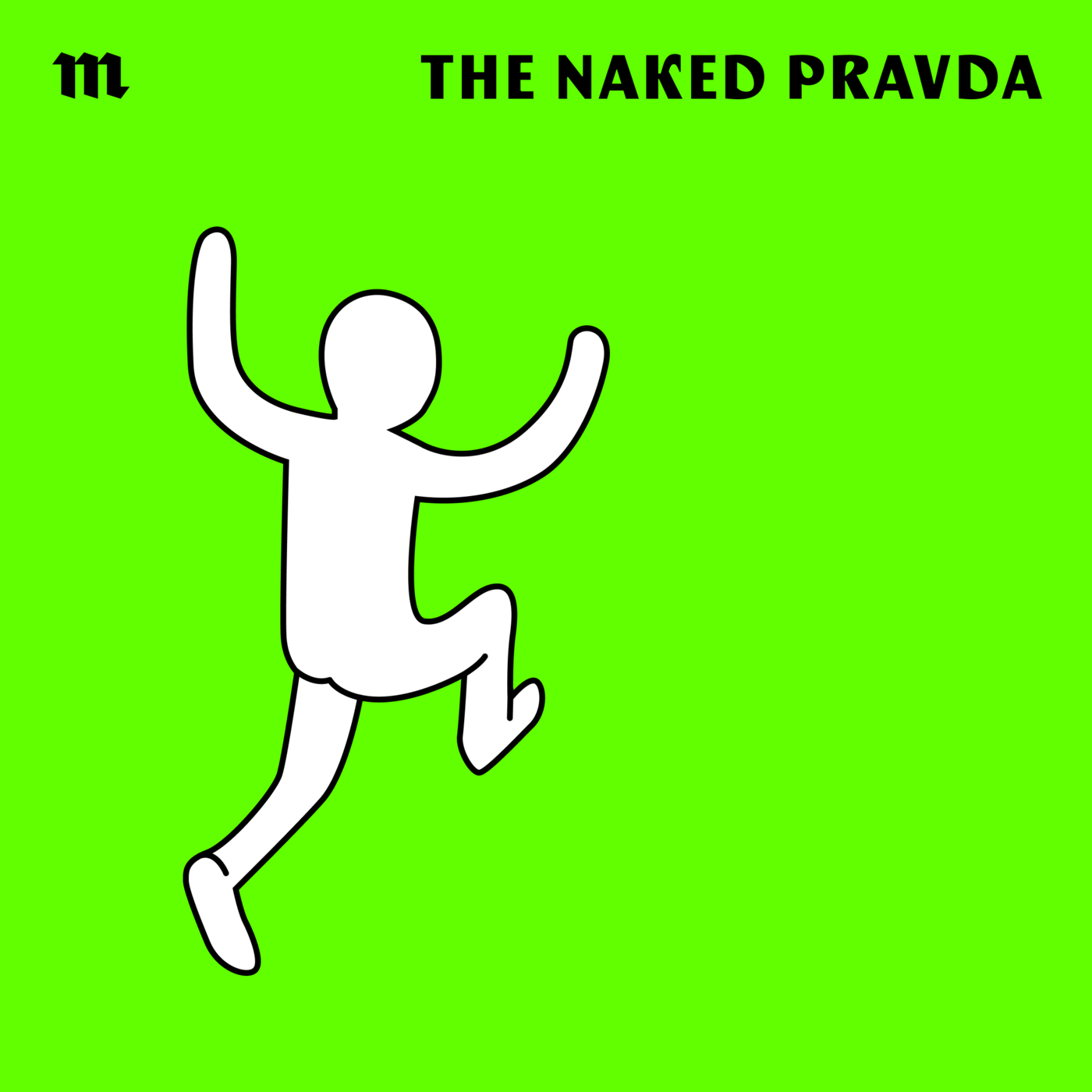
Telegram and the future of Russian Internet freedom

The Naked Pravda
Shownotes Transcript
We’re now more than three weeks deep into Moscow’s full-scale invasion of Ukraine, and many are asking the question: What information is still reaching Russians? Unless you’re using a VPN to tunnel beneath the state’s censorship, Instagram is blocked, Facebook is blocked, Twitter is blocked, and YouTube is probably next. The independent news media is in tatters, and it looks like the main social networks left standing will be domestic services like Odnoklassniki and Vkontakte, which enforce the Kremlin’s political censorship — and then there’s Telegram.
For a better understanding of what this means for Russia’s information space — focusing particularly on Russians’ increased reliance on Telegram — The Naked Pravda welcomes back Dr. Tanya Lokot), an associate professor in Digital Media and Society at the School of Communications at Dublin City University in Ireland, and Dr. Mariëlle Wijermars), an assistant professor in Cyber-Security and Politics at Maastricht University in the Netherlands. The two scholars recently coauthored an article published in the journal Post-Soviet Affairs, titled, “Is Telegram a ‘Harbinger of Freedom’? The Performance, Practices, and Perception of Platforms as Political Actors in Authoritarian States).”
Timestamps for this episode:
-
**(4:02) **Is Telegram a “harbinger of freedom”?
**(5:05) **How does Telegram’s lack of moderation potentially endanger vulnerable groups?
**(8:10) **How vulnerable are Telegram users to government snooping?
**(11:06) **Why do users stick with Telegram if there are serious security concerns about the service?
(13:16) On Telegram head Pavel Durov’s mixed messages in Ukraine
**(17:30) **Are the U.S. social media giants any better?
**(20:32) **Revisiting Telegram during the 2020–2021 Belarusian protests
(21:11) What content is available on Telegram during Russia’s invasion of Ukraine?
(26:36) That year between 2018 and 2019 when Russia “blocked” Telegram
(31:10) What’s next for the RuNet?
Как поддержать нашу редакцию — даже если вы в России и вам очень страшно)